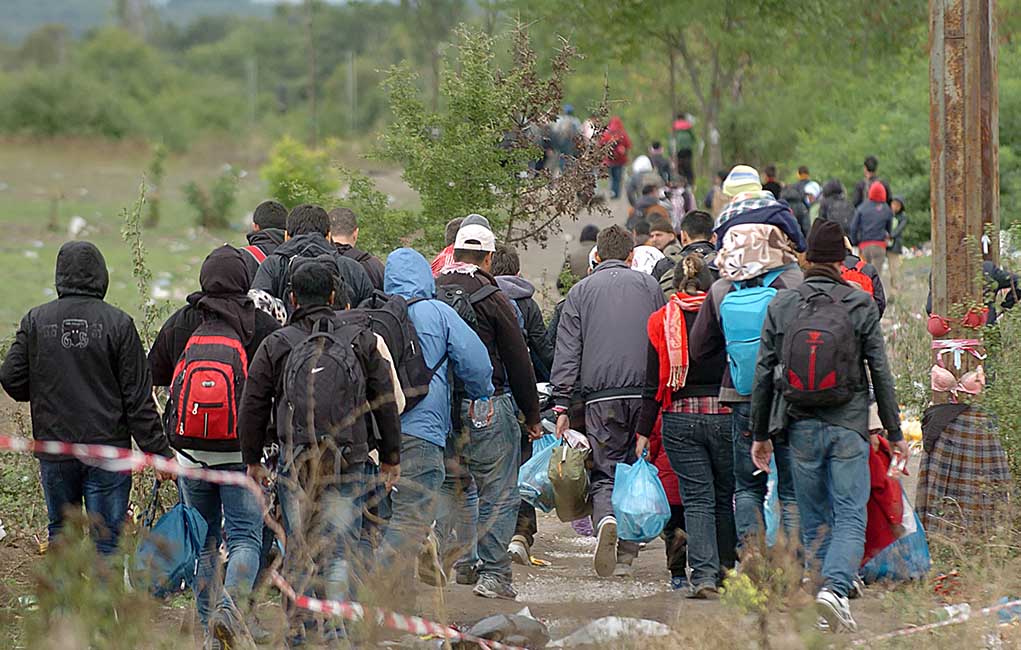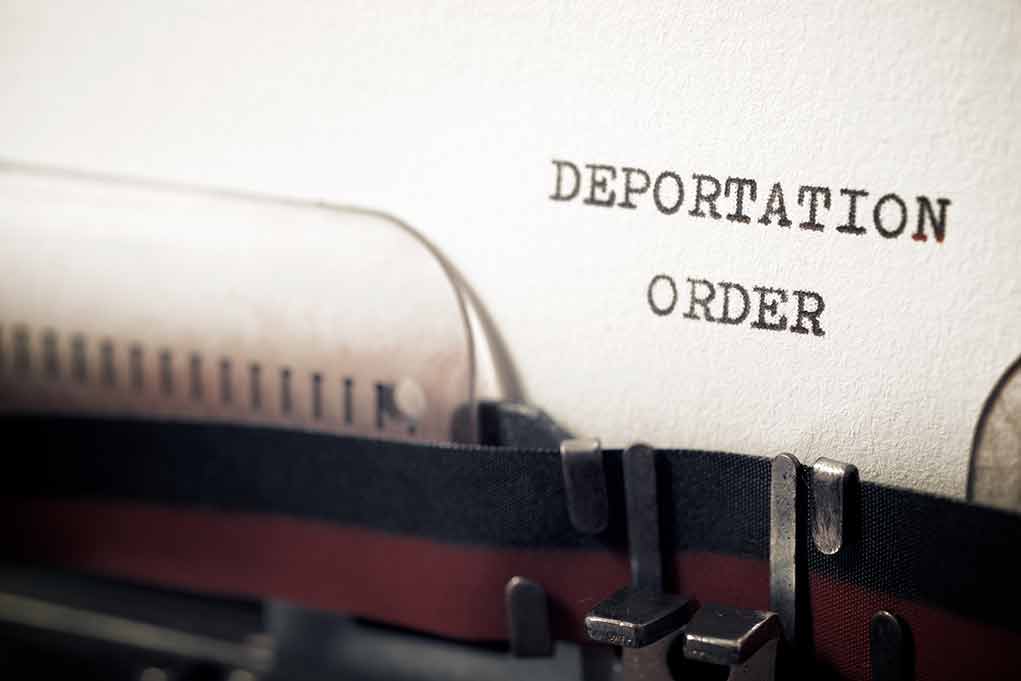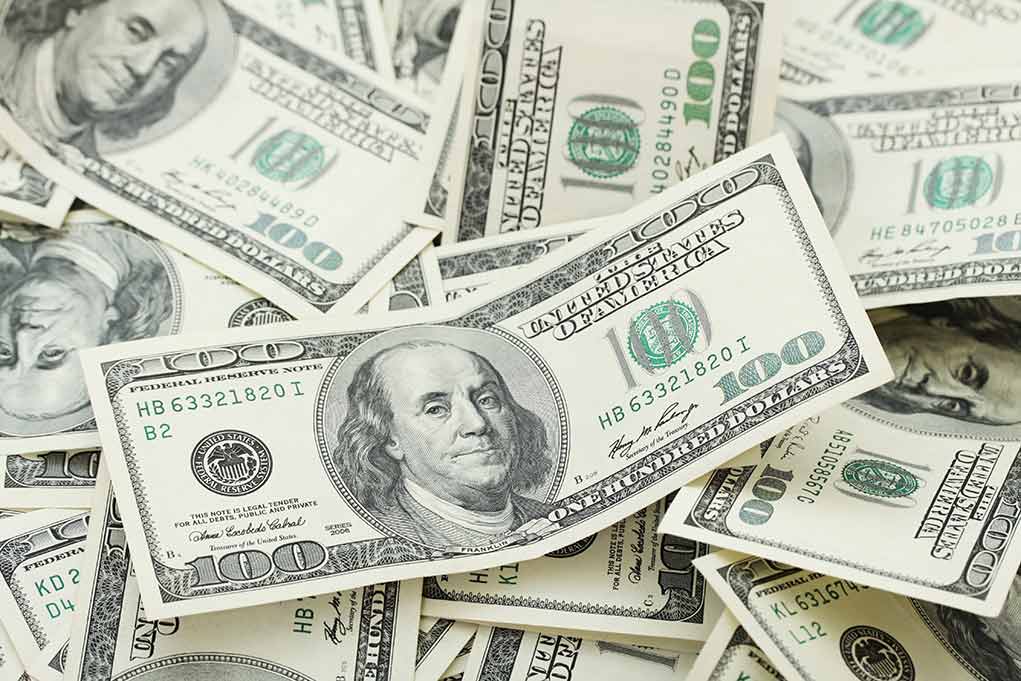*NEW POLL*
Do you think increased tensions between China and Taiwan will result in a war similar to what we’re seeing with Russia and Ukraine?
We asked thousands of readers what they thought about the mounting friction between Taiwan and China, and whether they thought a conflict similar to Russia’s invasion of Ukraine could result in further strain on the world economy.
[POLL RESULTS COMING SOON]
When it comes to the Russia-Ukraine conflict, there has been long standing tension between the two countries, and Ukraine was formerly a part of the Soviet Union. In 1991, it gained its independence from Russia. But on Thurs., Feb. 24, 2022, Russia invaded Ukraine, seeking to take back control of multiple critical regions.
For months, Russia had been assembling troops and artillery near Ukraine’s borders. When Russian President Vladimir Putin gave the order to invade in Feb., he called the move a “special military operation.” By then, Russian troops had Ukraine almost completely surrounded.
Since the Ukraine invasion began, countries worldwide have placed sanctions on Russia in an attempt to pressure Putin to negotiate an end to the conflict. In response, Russia imposed sanctions of its own. The prices of commodities such as oil, fertilizer, natural gas, and essential grains such as corn and wheat spiked shortly after the conflict began, according to a report from the Congressional Research Service, and continued economic impacts continue to mount.
Similarly, China and Taiwan share a strained relationship. Taiwan is a small island off China’s southeastern coast. It was historically self-governing, then was later ruled by China and Japan at different times. Most recently, China controlled Taiwan prior to Mao Zedong’s Communist takeover in 1949. Chiang Kai-shek, leader of the nationalist political party, left mainland China and settled in Taiwan.
Since then, Taiwan has governed itself, but has come under increasing pressure from Chinese President Xi Jinping, who has expressed a wish to reincorporate Taiwan. Over the past two years, China has increased its military presence near Taiwan, drawing global attention and speculation over its next moves.
Thirteen countries and the Vatican acknowledge Taiwan as sovereign today. In May 2022, President Joe Biden said the US would come to Taiwan’s aid, were China to invade. China has since accused the US of colluding with Taiwan. Ultimately, whether Taiwan remains self-governing could significantly impact the stability of the Asia-Pacific region.
The US depends on China for many essential goods, including semiconductors and silicon chips for electronics, as well as necessities we use on a daily basis. A Chinese invasion of Taiwan–and any resulting diplomatic conflict with the US–could have a dire impact on the world economy and supply chain beyond what we’ve seen from the COVID pandemic and the Russia-Ukraine war.
What do you think? Are you concerned about the continuously growing tensions between Taiwan and China? Should Americans and the rest of the global community be concerned? Email us at contact(at)rightwing.org and share your thoughts. We look forward to hearing from you.













